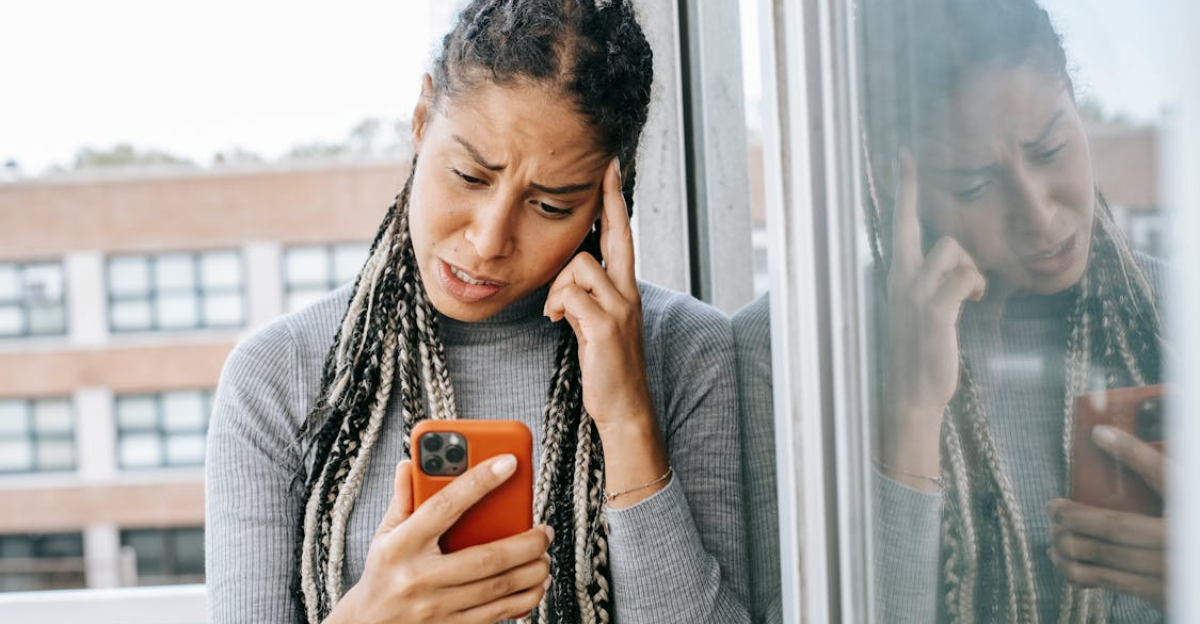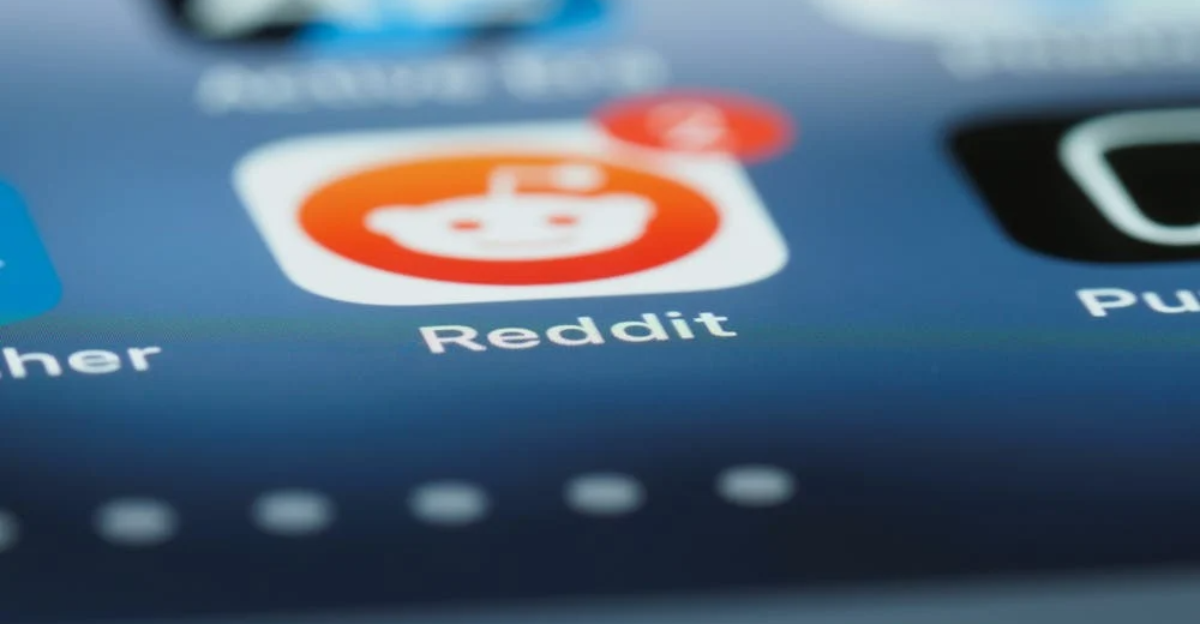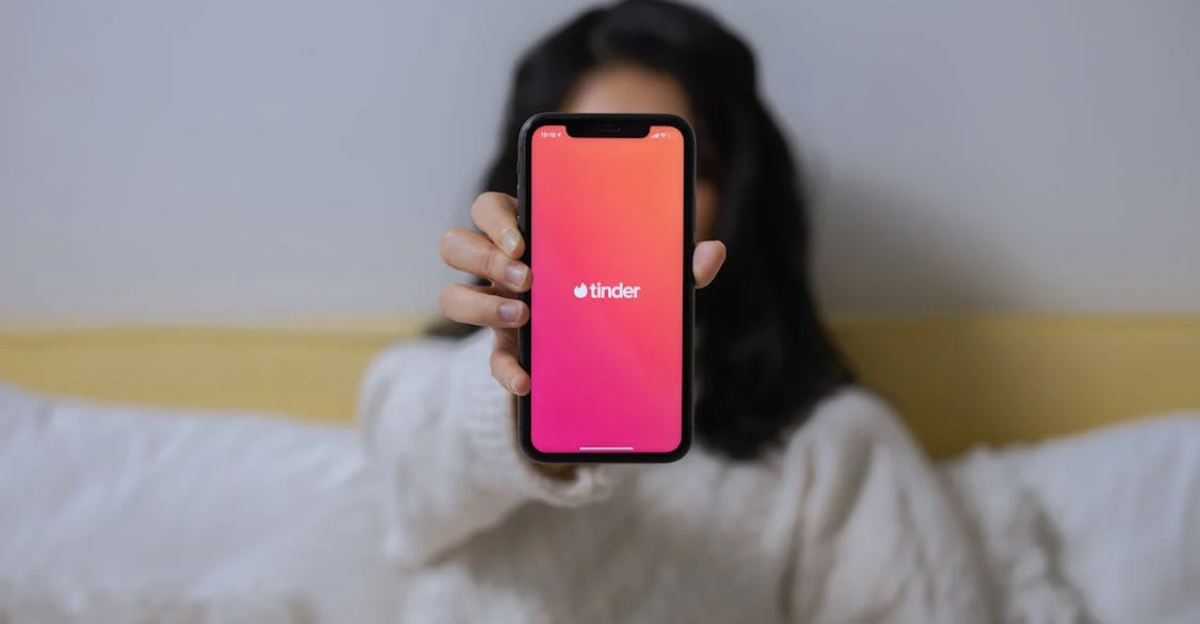
It was the kind of app you didn’t post about, but everyone knew someone who used it. Quietly, it spread through group chats, Twitter screenshots, and hushed mentions over drinks. A place where women could, allegedly, help each other dodge the worst of modern dating, without waiting for a scandal or a police report. It felt underground, a little rebellious, a little righteous, and women just couldn’t get enough of it.
You didn’t need to know how it worked to appreciate what it promised: warning signs, shared stories, maybe even accountability. It wasn’t perfect, sure. But finally, something seemed to have our backs.
It looked like a good idea at the time. Isn’t that always how these things start? You’ll see. Keep reading.
Built for Safety, Drenched in Secrets

The app promised to be a vault, a place where women could speak freely, share red flags, compare notes, and maybe prevent the next dating disaster before it started. Anonymity was baked into the design, or so it claimed.
Stories could be posted without names, identities were hidden behind layers of “protection,” and even submitting your own information felt weirdly empowering. You gave it a selfie (to prove you were an actual woman), maybe even your ID, and in return it handed you access to a secret sisterhood.
Trust us, it said. We’re on your side. And we, foolishly, hopefully, wanted to believe it meant that.
Something Didn’t Sit Right

At first, the issues felt minor. A post would disappear without warning, or a message wouldn’t go through. Some users couldn’t access their accounts, while others noticed profiles acting “strange.” It was easy to brush off, but underneath, it felt like something deeper might be off.
But then came the whispers. People talking about content vanishing without warning. Mentions of “back-end issues” with no follow-up. A few users claimed their old photos had resurfaced in places they didn’t recognize. Weird, right? Bugs happen. Except these bugs started to feel a lot more personal.
The Leak Nobody Saw Coming

Then suddenly. It happened! Tens of thousands of private images, suddenly floating in the murky corners of the internet. The files weren’t just names and emails. They were personal, painfully so.
You had headshots, government IDs, conversations that were never meant for public eyes. Some were ancient digital history, while others were freshly pulled from active chats. The kind of stuff no one expects to end up on a forum like that.
Users who thought they’d shared something discreet were now being dissected by strangers. And the app still hadn’t said a word. Not a single one.
Where the Internet Took It

The worst part was where these leaks landed. 4chan. Yea. 4chan, where digital decency goes to die. Within hours, the images were being zipped, reposted, analyzed, and mocked.
Soon, users were doing reverse lookups, trying to match faces to names. From there, Reddit got wind. Then Telegram. Then the rest of the internet, like a grease fire you’re not supposed to throw water on. What started as a tool for protection had officially become a tool for humiliation. And the worst part? Most of the women had no idea yet.
The Faces Behind the Files

It didn’t take long for most to come to a painful realization.
For instance, a woman scrolling Reddit sees her own face under a thread titled “found her.” Another gets a DM from a stranger describing the exact selfie she took for app verification, months ago, maybe even a year.
Some had forgotten they ever signed up. Others never posted anything at all. They just wanted to feel safer. And now their faces, IDs, even private messages were being passed around like trading cards. Nobody got a heads-up. No alert, no glitch, nothing to suggest that something awful was coming. And then suddenly, people were just…out there. Everything laid bare for strangers to pick through. The kind of strangers who were never meant to know your name, let alone your face.
The Company Responds… Kind Of

Eventually, Tea creators showed up with a statement that felt like it had been written in a boardroom full of lawyers and zero women. Tea, yes, that’s the name, confirmed the leak.
So, they said it only affected users who joined before a certain date. Claimed the damage was limited, the issue patched, and no “sensitive information” was compromised. You know, aside from selfies, IDs, and chat logs being paraded across anonymous forums.
They promised they brought in cybersecurity experts but they did not promise an apology. But they expect us to trust them again though.
Was This Empowerment or Exploitation?

Let’s unpack Tea. Not chamomile. No. We’re talking about the culprit app that promised women safety in numbers. A place to flag sketchy dates, upload receipts, verify identities, and trade cautionary tales. It felt clever. And it probably was, until it wasn’t.
When it unraveled, critics came in on it hard. Some compared it to a digital scorecard for men, and others called it feminist dystopia dressed in UX design. It was daring, sure. But it asked women to risk everything for a chance at feeling safer. And many did. Just look at the numbers: a whopping 72,000 images were leaked!
Dating in the Age of Doxxing

So now we’re here. Swiping through apps that claim to keep us safe while quietly stacking up personal data like it’s confetti. We hand over our faces, our stories, our trust, because honestly, what choice do we have? And when it all goes wrong, the same platforms give us a rehearsed “it’s fine…” No passwords were leaked. No financial data lost. As if that’s supposed to be comforting. For all the talk of safety and encryption, privacy on the internet might just be a pretty illusion.
Looking Ahead

What looked like a glitch turned out to be a trust implosion, carefully hidden behind marketing fluff and hashtags meant to inspire. And while the internet moves fast, the damage doesn’t. The women affected won’t forget. Neither should the rest of us. Because this won’t be the last app to sell safety and deliver exposure. Maybe it’s time developers stopped treating privacy like a checkbox on a to-do list. When trust breaks, it stains the entire platform.
